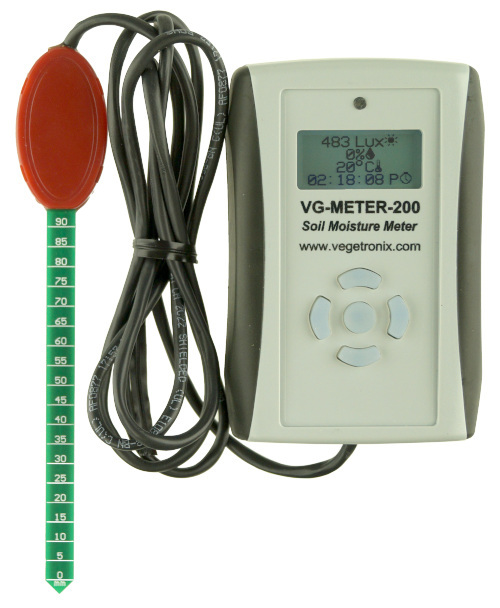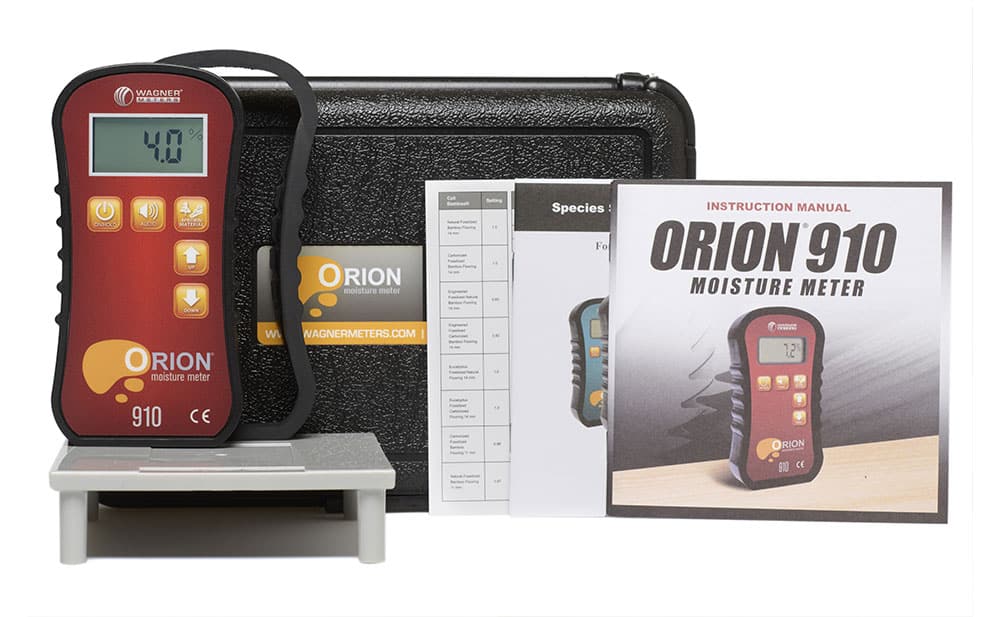How to Use a Moisture Meter to Discover Concealed Water Damages in Your Residential property
How to Use a Moisture Meter to Discover Concealed Water Damages in Your Residential property
Blog Article
The Ultimate Guide to Moisture Meters: A Comprehensive Overview and Just How They Can Conserve You Money
Moisture meters offer as crucial tools in identifying and keeping an eye on moisture content in materials, assisting in preventing expensive problems and ensuring the high quality of items. Recognizing the nuances of different kinds of dampness meters, their applications, and the potential cost-saving benefits they use can be a game-changer for experts and organizations alike.
Kinds Of Moisture Meters
One typical kind is the pin-type wetness meter, which determines the electrical resistance between two pins inserted right into a product. Pinless dampness meters, on the various other hand, usage electromagnetic sensor plates to scan a bigger area without causing damages to the product's surface area.

Infrared dampness meters measure the thermal buildings of a material to identify its dampness material non-invasively, making them valuable for applications where pin or pinless meters may not be appropriate. Understanding the different kinds of moisture meters offered can aid industries select the most ideal tool for their certain dampness measurement requirements.

Advantages of Utilizing Moisture Meters
Moisture meters provide invaluable benefits in properly monitoring and analyzing wetness degrees in diverse materials and environments. One of the primary advantages of utilizing wetness meters is the prevention of possible damage caused by excess dampness.
Additionally, using dampness meters can bring about boosted energy efficiency. By recognizing locations with high dampness levels, such as leaks or inadequate insulation, modifications can be made to improve power preservation and minimize utility costs. In farming settings, dampness meters play a vital function in optimizing crop returns by enabling farmers to check soil moisture degrees and make informed watering choices. Overall, the advantages of using dampness meters cover throughout different markets, providing economical solutions and advertising better quality assurance practices.
How to Select the Right Dampness Meter
When selecting a wetness meter, it's important to make sure that the meter is suitable for the certain material you will be screening. Various products have differing electrical homes that can affect moisture analyses, so choosing a meter developed for your material is critical for precise results. website here By carefully reviewing these elements, you can choose a wetness meter that Our site meets your demands and offers accurate wetness measurements for your jobs.
Proper Methods for Moisture Meter Use

Cost Savings Via Moisture Meter Applications
How can the critical usage of dampness meters lead to substantial price savings throughout numerous markets? In the agriculture sector, dampness meters help in establishing the optimal time for harvesting plants, avoiding excess or over-drying wetness that can impact the last product's high quality.
Similarly, in building, moisture meters assist prevent expensive problems by discovering moisture levels in structure materials, such as wood or concrete, which can bring about structural problems otherwise dealt with without delay. By identifying issue locations at an early stage, service providers can take corrective procedures to stay clear of comprehensive fixings or substitutes, ultimately saving time and cash.
Furthermore, in the food processing market, dampness meters are important for keeping an eye on item top quality and ensuring compliance with security laws. By properly measuring wetness material in food items, suppliers can prevent putridity, preserve quality, and lower waste, causing significant cost savings. In general, the calculated application of wetness meters is a useful financial investment that can bring about significant price decreases and boosted performance across various industries.
Conclusion
To conclude, moisture meters are valuable tools for determining and identifying dampness degrees in numerous products. By using the ideal wetness meter and complying with appropriate techniques, users can properly protect against pricey problems brought on by excess moisture. Spending in a high quality moisture meter can lead to substantial expense savings in the long run by recognizing prospective issues early on and making it possible for timely remediation. Ultimately, dampness meters are vital instruments for keeping the stability and longevity of frameworks and materials.
Moisture meters offer as essential devices in spotting and monitoring moisture material in products, aiding in stopping costly damages and making certain the quality of items. Infrared dampness meters measure the thermal residential or commercial properties of a product to establish its moisture material non-invasively, making them valuable for applications where pin or pinless meters may not be find appropriate.Dampness meters offer indispensable benefits in accurately monitoring and evaluating wetness levels in diverse materials and atmospheres. In farming setups, moisture meters play an important function in maximizing plant returns by enabling farmers to monitor soil wetness levels and make notified watering choices.In verdict, dampness meters are beneficial devices for measuring and discovering wetness levels in different materials.
Report this page